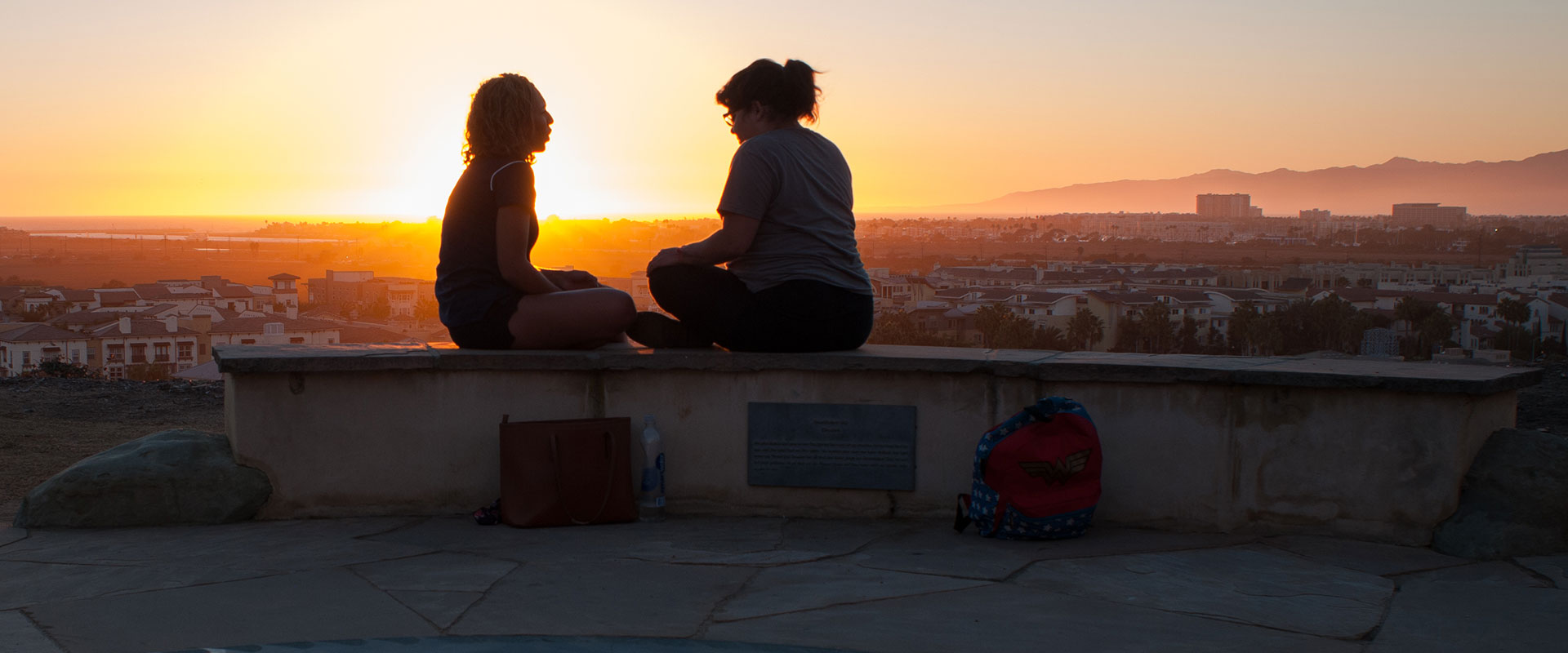
Fostering Global Perspectives
LMU Bellarmine College of Liberal Arts
Robbin D. Crabtree, Dean
LMU Bellarmine College of Liberal Arts
Ask Dean Crabtree, and she’ll tell you there’s never been a better time to champion the inherent, enduring, and practical value of the liberal arts. Liberal arts programs at LMU support a strong return on investment by empowering students to integrate interests and make connections across disciplines. During the college years, this value manifests through rigorous intellectual development, engagement with multiple perspectives, ethical and spiritual growth, and deep professional discernment.
In an era of unprecedented interconnectivity and interdependence, today’s liberal arts education also must be globally focused. In LMU BCLA, students develop intercultural awareness and skills necessary to thrive and contribute meaningfully, through a multitude of courses, research, and service on-campus, across the country, and around the world. At LMU, global learning is not merely an essential goal of a liberal education, but deeply informed by our Catholic, Jesuit mission to educate the whole person and develop engaged citizens who embrace complexity, diversity, and change. This holistic Ignatian education continues to pay dividends long-term by fostering career readiness, perpetual curiosity, durable and flexible professional success, lifelong learning, and more, for both students and society.
Global Immersion Courses
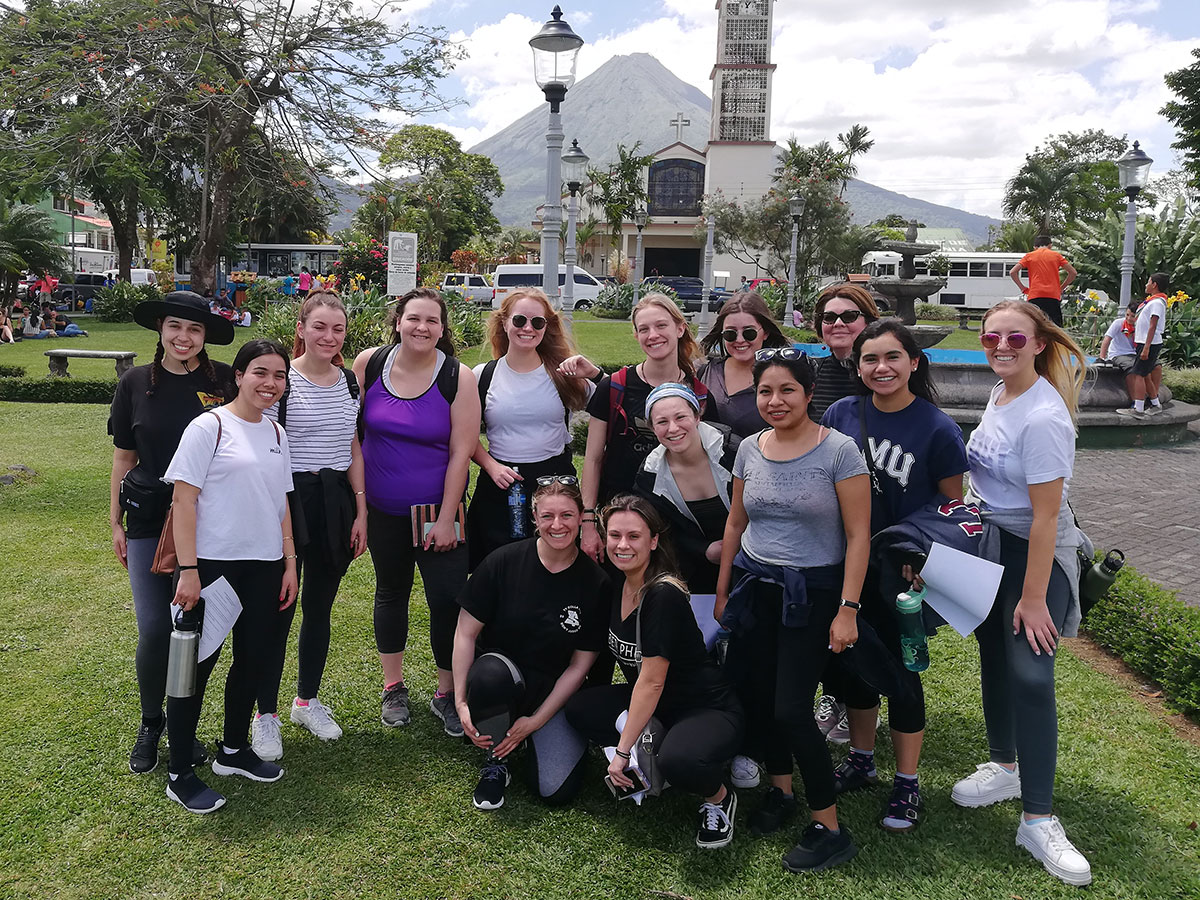
Not all students can spend a semester abroad, but all students should have a global experience. In BCLA, we offer a number of on-campus courses with a faculty-led, short-term trip abroad during spring break. In most cases, these courses are part of the Core Curriculum, often counting in BCLA majors and minors, and open to all students. The support of our alumni and donors ensures all students can go global with their LMU education.
Global Policy Institute
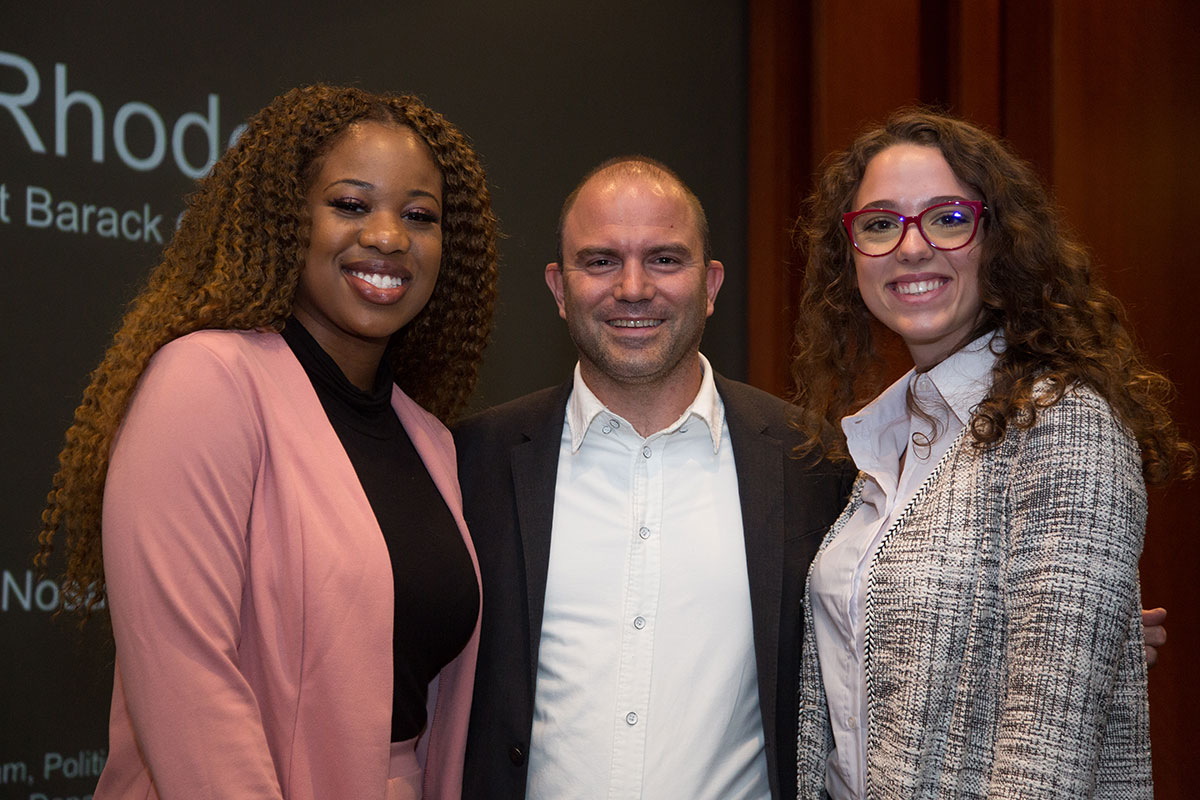
Founded in 2015, LMU’s Global Policy Institute (GPI) is a unique interdisciplinary think tank in L.A., where faculty and students work together on innovative research and policy analyses that address emerging issues in global affairs. In addition to supporting student and faculty research, the GPI also fosters leadership development, hosts high-profile speakers, and facilitates course development related to global policy.
Interfaith Education
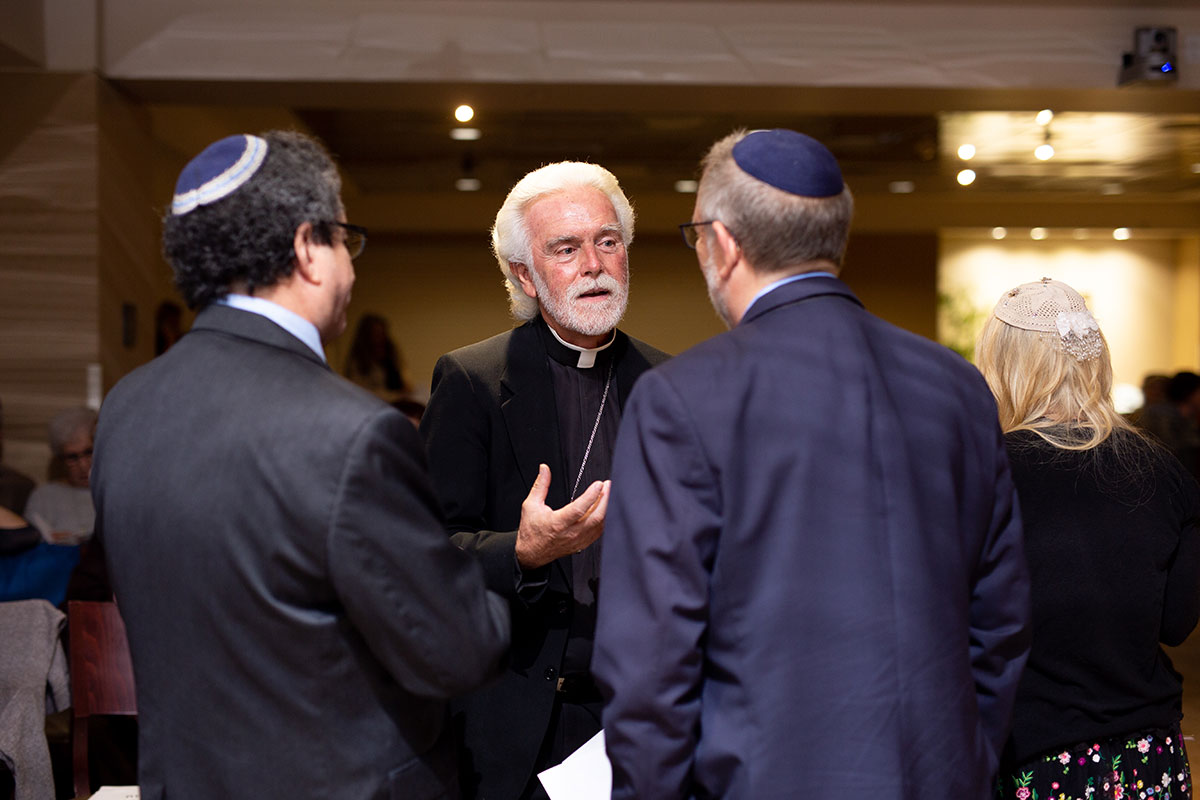
Religious literacy and interfaith dialogue are essential features of a 21st century liberal arts education. LMU BCLA stimulates student, faculty, and community interfaith engagement through the work of its world-class Theological Studies Department, animated by minors in Jewish Studies and Catholic Studies, and brought to the community through the programming of the Huffington Ecumenical Institute. Interfaith learning is achieved through formal courses, in collaboration with Student Affairs and Campus Ministry, in study abroad programs, and through numerous annual events that highlight the deeply felt resonance of religious and spiritual life in the human experience, which build mutual respect and diversity, and recognize the interdependent nature of human flourishing.
Meet the Dean
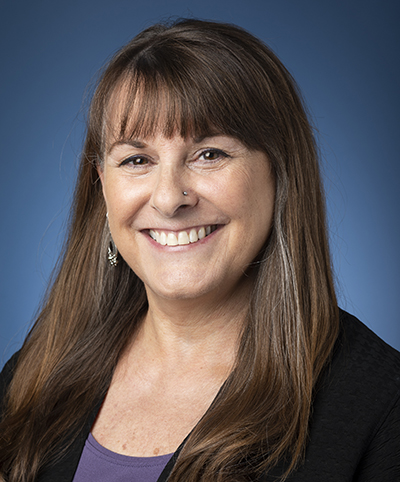
Robbin D. Crabtree, Ph.D.
Robbin D. Crabtree, Ph.D., is dean of the Bellarmine College of Liberal Arts at Loyola Marymount University. An accomplished teacher and scholar, she is widely published in her areas of scholarly interest: intercultural communication, gender studies, pedagogy, and service-learning. Formerly dean of the College of Arts & Sciences at Fairfield University, Crabtree is respected for her strong commitment to Catholic and Jesuit education. She is also a champion of the practical, inherent, enduring value of a liberal arts education, about which she writes and speaks often.
Prior to her appointment at LMU in 2014, Crabtree was dean of the College of Arts & Sciences at Fairfield University, a position she held for six years. In her 13 years at Fairfield, she also served as inaugural director of the Office of Service Learning, chair of the Communication Department, and as a professor of communication. In 2013, Crabtree was given the Award for Administrative Excellence by the Connecticut ACE Women's Network in recognition of her leadership and mentorship of women students, faculty and emergent leaders.
Crabtree earned her Ph.D. and M.A. degrees in speech communication from the University of Minnesota and her B.A. degree from the University of California at Santa Barbara. Her graduate and doctoral research emphasized comparative mass media, international and development communication and television criticism. She has since developed expertise in service-learning theory and practice, gender studies and pedagogy. Her recent books include "Feminist Pedagogy: Looking Back to Move Forward" (Johns Hopkins University Press, 2009) and "ESL Students in the Public Speaking Classroom" (Bedford/St. Martin's, 2015). Crabtree has published extensively in the journals in her fields, serves on several editorial boards and has been elected to leadership positions in several professional organizations.
An award-winning teacher, Crabtree has taught courses in international and intercultural communication, media studies, and public argument, many of which have been cross-listed with programs in American Studies, Honors, International Studies, Peace and Justice Studies, and Women's Studies. Fairfield's chapter of Alpha Sigma Nu, the National Jesuit Honor Society, named Crabtree Fairfield University's "Teacher of the Year" in 2007. She previously served on the faculties of Fairfield University (2001-14), New Mexico State University (1993-01), and DePauw University (1990-93).
In addition to her teaching and scholarship, Crabtree worked as a current events producer for public radio in Minnesota and in other media production roles. She has worked extensively with nonprofit agencies in volunteer, consulting and community-based research. This includes seven years as a rape crisis advocate and on the board of directors for a sexual trauma recovery and crisis center. She has also served as a as trip leader and member of the board of directors for Bridges to Community, Inc., a cross-cultural education, service and development NGO based in New York working extensively in Central America, as well as East Africa and other locales.